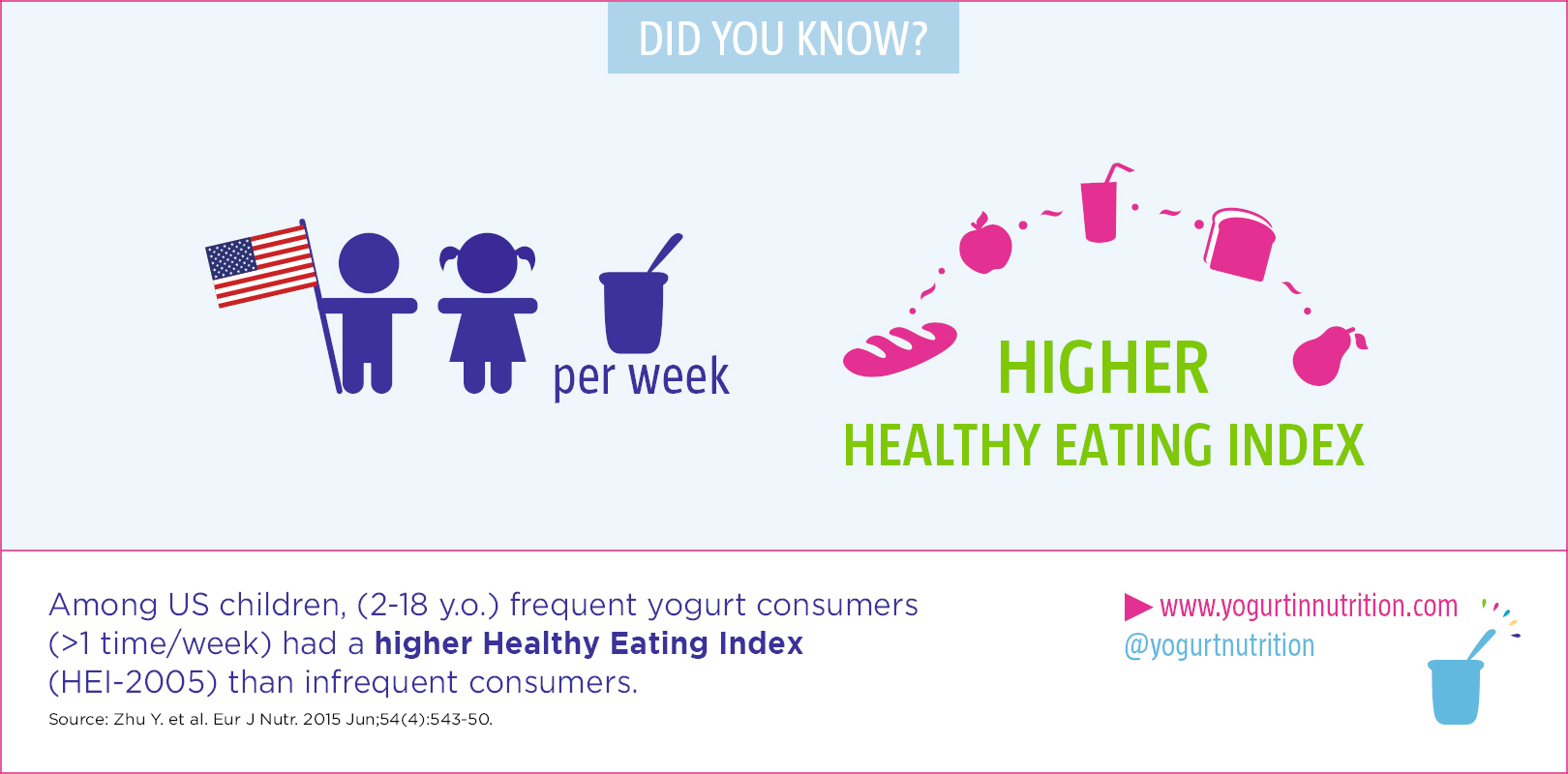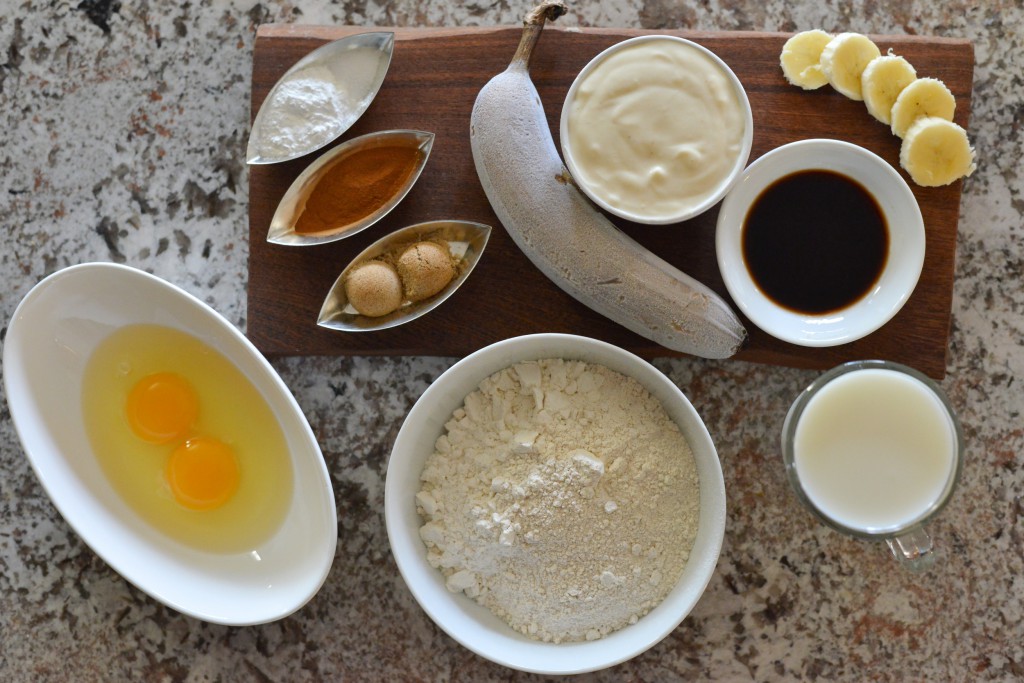 Thomas Wolever obtained a Bachelor of Medicine and Bachelor of Surgery from Oxford University, UK in 1980, a PhD in Nutritional Sciences from the University of Toronto in 1986 and a Doctorate in Medicine from Oxford University in 1993. His current position is Professor and Graduate Coordinator in the Department of Nutritional Sciences, University of Toronto.
Thomas Wolever obtained a Bachelor of Medicine and Bachelor of Surgery from Oxford University, UK in 1980, a PhD in Nutritional Sciences from the University of Toronto in 1986 and a Doctorate in Medicine from Oxford University in 1993. His current position is Professor and Graduate Coordinator in the Department of Nutritional Sciences, University of Toronto.
He has the following cross appointments: Professor, Department of Medicine, University of Toronto; Scientist, Keenan Research Centre of the Li Ka Shing Knowledge Institute, St. Michael’s Hospital, Toronto; Member, Active Medical Staff, Division of Endocrinology and Metabolism, St. Michael’s Hospital, Toronto; and Member, Consulting Medical Staff, Centre for Addiction and Mental Health, University of Toronto.
His research interests are the effects of dietary carbohydrates on human physiology and metabolism. He is, perhaps, most well known for his work on the glycaemic index, which was as first developed by Dr. David Jenkins and me, along with other collaborators, while I was a medical student.
He wrote or co-authored over 310 papers in peer-reviewed scientific journals, and also authored a book entitled: The Glycaemic Index: A Physiological Classification of Dietary Carbohydrate published in 2006 by CABI (www.cabi.org). In 1997 he founded GI Testing, Inc. to provide confidential GI testing services to industry. To cope with the high demand for GI testing and to enable a wider range of clinical research services to be provided.














